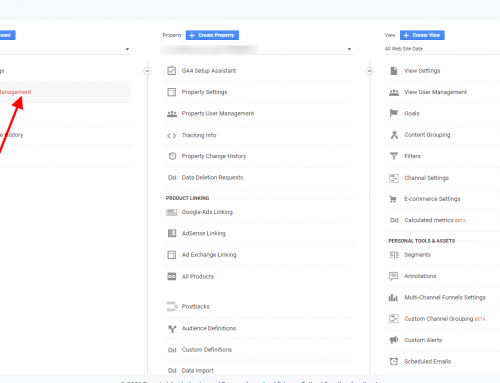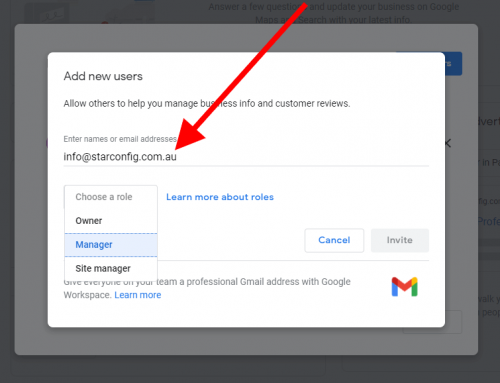The elite group of people are worried about the polarization effect on Internet, in terms of political influence and otherwise, because of the strong tools used by some of the technology advanced social media sites. A book ‘The Filter Bubble: What the Internet Is Hiding from You’, written by Eli Pariser, executive director of MoveOn. Org, describes the logic in an interesting manner.
If we speak from the point of view of the common net surfer, the main motive of web search is to find their favorite things online. Therefore, most of the businesses post their online advertisement to catch the eyes of probable buyers. Suppose, a user is looking for a web design company in Sydney, he can come across the information or advertisement of some companies providing the wed designing services. However, the Google search results may be a silent bubble, which keeps the users away from those discoveries and information, which are unusual and are people are had not actually developed the taste for them. Besides this, the bubble also acts to filter the information as per user’s taste. Sadly, this has caused dramatic variations in the search results for the different users. This was not the case, a couple of years back, and everyone making Google search used to get the same results.
Today, we are facing worrisome situation, because of web personalization codes, which designs the algorithms, as per the individual web use and helps the user to find those things, in an easy manner, that is predicted by the code, as his area of interest. Most of the websites gathers the personal information, on the average information of about 64 bits, each time a visitor pays a visit, and then prepare custom design of their websites to conform the perceived preferences of the visitor. May be, this is the only reason, that we do not get all those informative links, which are seen by the net-users in the other region.
This happens mostly due to the presence of highly influential social media sites like Facebook, where the spread of information is based especially on the ‘like’ button. Pathetically, people would click on ‘like’ button for the information like ‘Today I relished cheese pizza in Dominos’, rather than a weighty information like election results, or a train accident. Moreover, the giant sites like Google and Facebook are using highly sophisticated programs to map the user’s personality. Therefore, if we search for ‘careers at Google’, we get different results for the users in different regions.
However, the net-savvy people can manipulate these situations in their own interest. Those who use Facebook must be aware that, it is possible to hide in Facebook, and disclose some information merely to a specific group of people. Similarly, we can hide friends on Facebook, by creating different groups, and pass on different information to the different groups of people. At the same time, it is not hard to search people on Facebook, or block someone to see the information posted by you. All such features help the site to customize the things, as per users taste. All these things are definitely good for the users end, but they also help to polarize the web.



